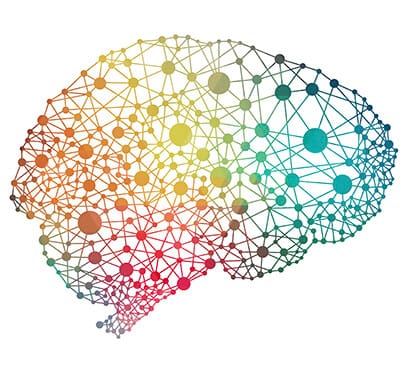Is Consciousness an Insoluble Problem?
28th February 2016 · 11:00am - 1:00pm
In person | Virtual event

SOLD OUT
We currently understand very little about how the brain’s hundred thousand million neurons enable us to function, but as technology provides more neurological detail, the mechanisms behind all our various abilities will become intelligible. That’s why philosopher David Chalmers calls this the ‘easy’ problem – it’s potentially soluble.
However, the ‘hard’ problem remains: how do the blind, deaf and unemotional particles in our brains conspire to create the colours, sounds, thoughts and feelings comprising our consciousness? Was Alpine climber John Tyndall right to say, in 1868, that this confronted us with an “intellectually impassable chasm”?
Norman Bacrac has made an in-depth study of this quandary.
Norman Bacrac was first elected a Trustee of the Ethical Society several decades ago. He is also Editor of the Society’s monthly journal, Ethical Record. As a former physics teacher, he is particularly interested in the hard problem of how the physics of the brain generates conscious experiences, the role it might play in determining the choices we make – and the implications of all this for humanist philosophy.
Doors 10.30. Tickets: £3, £2 concs./free to Conway Hall Ethical Society members.
Tea, coffee & biscuits will be available.